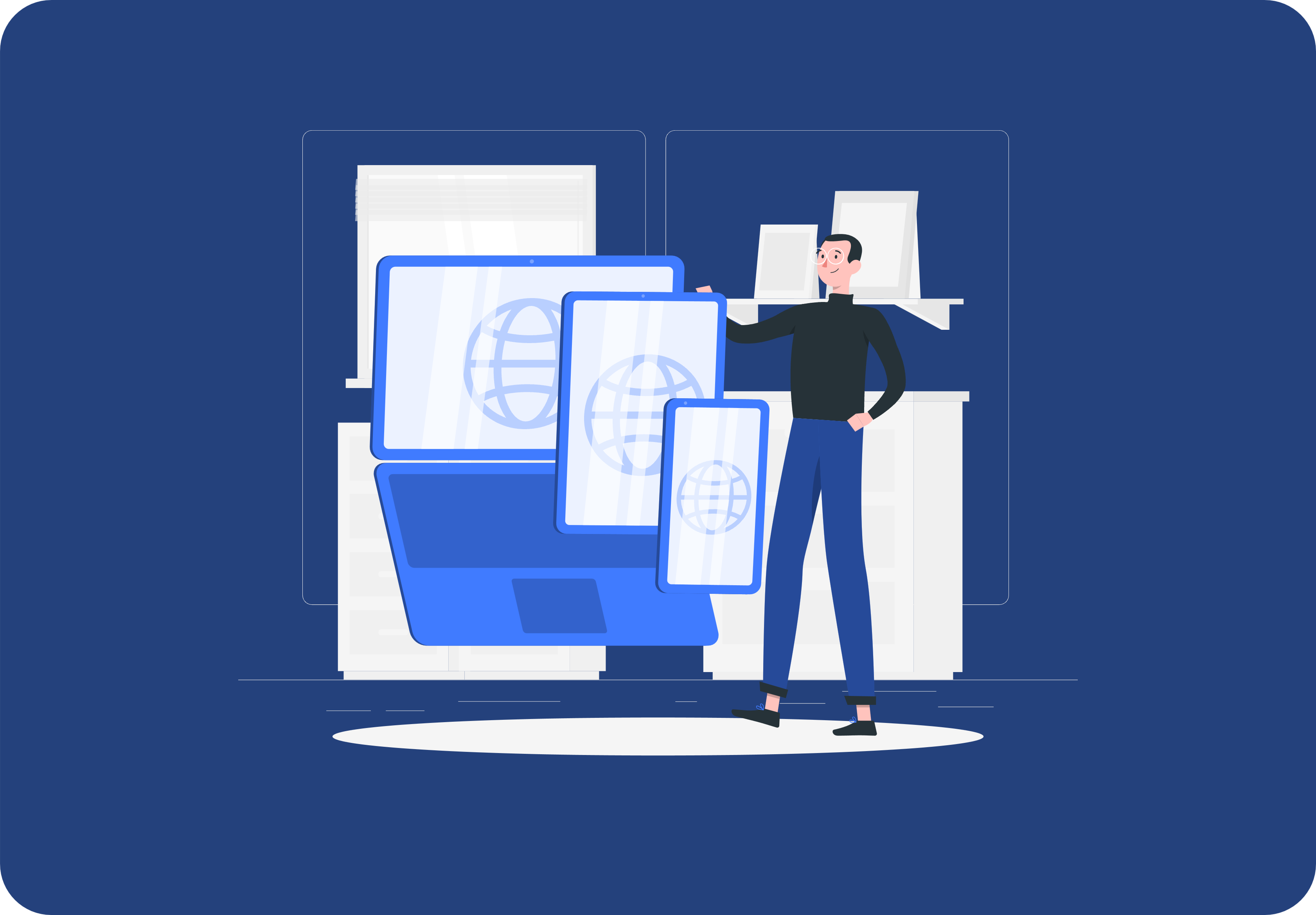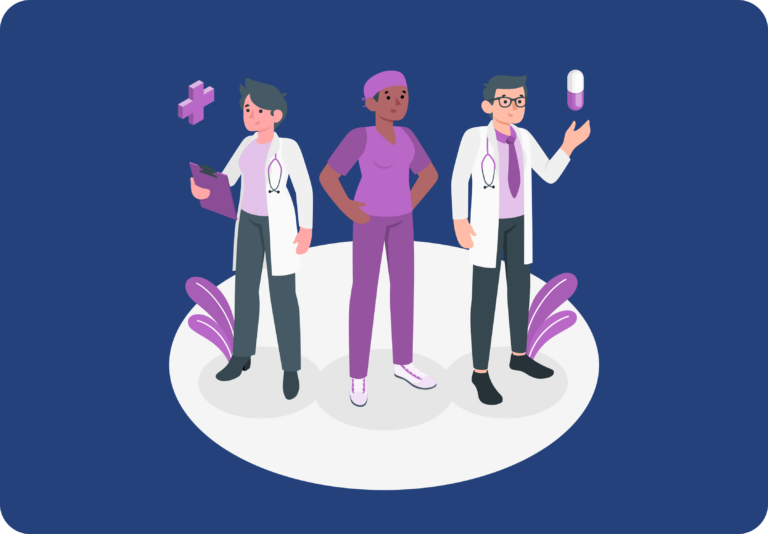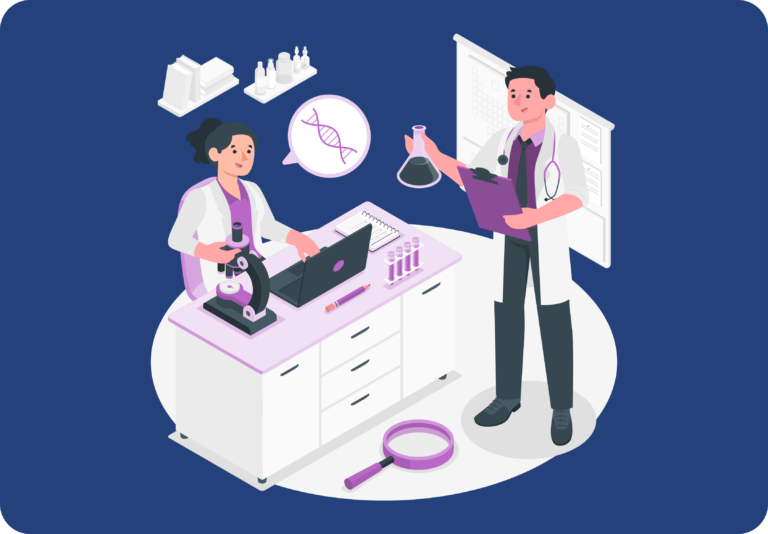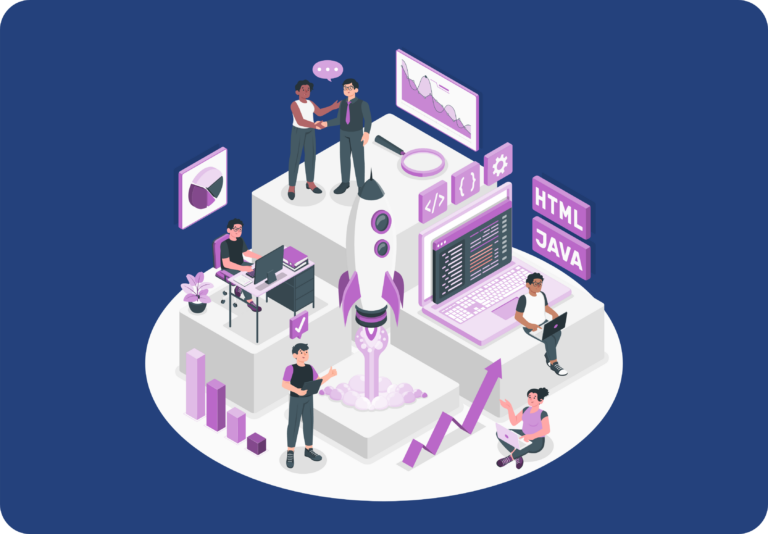Book Appointment Now

The Future of Patient Monitoring: How Technology is Transforming Care
In the rapidly evolving landscape of healthcare, patient monitoring has become a focal point for improving outcomes and enhancing the quality of care. With the advent of advanced technologies, healthcare providers can now monitor patients in real time, leading to timely interventions and better overall health management. This blog will explore the various ways technology is transforming patient monitoring and how organizations can leverage these advancements for improved care.
The Evolution of Patient Monitoring
Historically, patient monitoring was limited to hospital settings where healthcare providers could observe patients closely. However, advancements in technology have shifted this paradigm. Today, wearable devices, remote monitoring tools, and data analytics are enabling continuous observation of patients’ health metrics outside of traditional clinical environments.
Key Technologies in Patient Monitoring
- Wearable Devices Wearables such as smartwatches and fitness trackers have gained popularity among consumers and healthcare providers alike. These devices can track vital signs, activity levels, and sleep patterns, providing valuable data that can be shared with healthcare professionals. This continuous monitoring allows for proactive management of chronic conditions, such as diabetes and hypertension.
- Remote Patient Monitoring (RPM) RPM technologies enable healthcare providers to monitor patients from afar, using devices that measure vital signs like heart rate, blood pressure, and oxygen saturation. This technology is particularly beneficial for managing chronic illnesses, as it allows for timely interventions when abnormalities are detected.
- Telehealth Integration Integrating telehealth with patient monitoring tools creates a seamless experience for both patients and providers. With real-time data access during virtual consultations, healthcare professionals can make informed decisions and adjust treatment plans accordingly.
- Data Analytics The use of data analytics in patient monitoring helps providers identify trends and patterns in patients’ health. By analyzing this data, healthcare organizations can implement preventive measures, personalize treatment plans, and ultimately improve patient outcomes.
Benefits of Advanced Patient Monitoring
1. Enhanced Patient Engagement
When patients are equipped with monitoring tools, they become active participants in their own healthcare. This engagement fosters a sense of responsibility and encourages adherence to treatment plans.
2. Timely Interventions
Continuous monitoring allows healthcare providers to detect potential health issues early. This proactive approach can significantly reduce hospitalizations and emergency visits, leading to better health outcomes.
3. Improved Chronic Disease Management
For patients with chronic conditions, regular monitoring is crucial. Advanced technologies enable providers to track patients’ progress over time and make data-driven decisions that enhance disease management.
4. Cost Efficiency
By reducing the need for in-person visits and hospital admissions, advanced patient monitoring technologies can lead to significant cost savings for both healthcare organizations and patients.
The Role of Technology Providers
To effectively implement these advanced monitoring solutions, healthcare organizations often turn to specialized technology providers. Precise RCM stands out as a leader in healthcare technology, offering innovative solutions designed to enhance patient monitoring capabilities.
With Precise RCM, healthcare organizations can access cutting-edge tools that integrate seamlessly with existing systems, enabling comprehensive remote monitoring and data analysis. Their expertise ensures that providers can make the most of technology to improve patient care and operational efficiency.
Conclusion
The future of patient monitoring is bright, thanks to advancements in technology. By embracing wearable devices, remote monitoring tools, and data analytics, healthcare organizations can enhance patient engagement, enable timely interventions, and improve chronic disease management.
As the healthcare landscape continues to evolve, partnering with technology providers like Precise RCM can help organizations navigate these changes effectively. By leveraging innovative solutions, healthcare providers can ensure they are equipped to deliver high-quality, patient-centered care in an increasingly digital world. Investing in advanced patient monitoring is not just a trend; it’s a necessary step toward better health outcomes for all.


